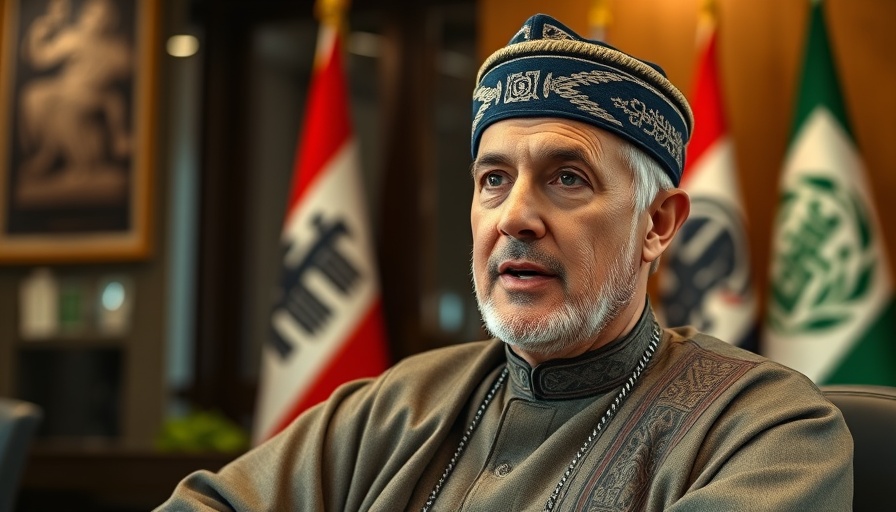
Internet Quality Crisis: The Urgency Behind NCC's Directive
The Nigerian Communications Commission (NCC) has issued a stark ultimatum to tower companies, demanding immediate improvements in internet service quality or face regulatory penalties. This order, given during a high-level meeting in Abuja, underscores the growing frustrations users face as connectivity issues persist across the nation. With a firm deadline set for August, the urgency of the situation cannot be overstated.
Understanding the Role of Tower Companies in Connectivity
Tower companies, known as TowerCos, are essentially the backbone of Nigeria’s telecommunications infrastructure. They manage crucial assets such as cell towers and rooftop sites, which are essential for mobile network operators (MNOs) - including MTN, Airtel, and Glo - to deliver services. More than ever, the reliability of these companies plays a critical role in maintaining seamless internet access for citizens, especially in today's tech-dependent environment.
Impact of Infrastructure Failures on User Experience
Technical failures, inadequate power supply, and insufficient maintenance by TowerCos directly cause disruptions in service that affect millions of Nigerians. An insider explained that frequent power outages lead equipment to shut down, resulting in dropped calls and lagging internet connections. Such experiences not only frustrate customers but also diminish overall trust in the telecommunications infrastructure. "When the power fluctuates, the radios restart, leading to more dropped calls and frozen data sessions," they remarked. Understanding these basic mechanics highlights the urgent need for improvements from TowerCos.
NCC's Expanded Quality of Service Regulations
Historically, the NCC's regulations focused primarily on the performance of mobile network operators. However, following updates to the Quality of Service (QoS) Regulations in August 2024, TowerCos have also been brought into the accountability fold. New Key Performance Indicators (KPIs) have been established that all infrastructure providers are expected to meet. This shift in regulatory focus highlights the commission’s commitment to enhancing digital services and its recognition of TowerCos' pivotal role.
Moving Towards Transparency: The Major Incident Reporting Portal
As part of its regulatory reforms, the NCC has established a Major Incident Reporting Portal, creating a framework for public reporting of significant network disruptions. This initiative not only holds service providers accountable but also fosters transparency, allowing users to understand and engage with the telecommunications ecosystem more actively. By mandating that disruptions are reported, the NCC aims to bring a new level of accountability and responsiveness to the sector which has, until recently, lacked vigorous oversight.
The Challenges Ahead: Why Compliance Matters
The NCC's directive poses a potentially transformative challenge for TowerCos. With major players like IHS Towers, American Tower Corporation, and Pan-African Towers managing thousands of sites nationwide, the pressures to comply with both technical and regulatory expectations are intensified. Failure to meet these standards could lead to fines and further scrutiny, making it imperative for these companies to implement urgent changes. According to Aminu Maida, the NCC Executive Vice Chairman, eleven months have elapsed since the updated regulations took effect, which should be ample time for alignment with expected performance standards.
Conclusion: A Call for Action in the Telecommunications Space
The clock is ticking for tower companies in Nigeria, and the implications of their responses to the NCC's directive are profound. Internet connectivity has become a crucial component of daily life, impacting everything from work to education to social interactions. It is essential for these companies to heed the call for improvement, as the nation’s digital future hinges on their ability to provide reliable service. The NCC's regulations and new accountability measures signal a shift toward greater responsibility in the telecoms sector, setting the stage for a potentially brighter and more connected Nigeria.
 Add Row
Add Row  Add
Add 




Write A Comment